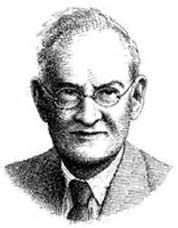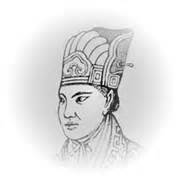A Quote by Seneca the Younger
No man is born wise; but wisdom and virtue require a tutor; though we can easily learn to be vicious without a master.
Related Quotes
What the essential difference between man and woman is, that they should be thus attracted to one another, no one has satisfactorily answered. Perhaps we must acknowledge the justness of the distinction which assigns to man the sphere of wisdom, and to woman that of love, though neither belongs exclusively to either. Man is continually saying to woman, Why will you not be more wise? Woman is continually saying to man, Why will you not be more loving? It is not in their wills to be wise or to be loving; but, unless each is both wise and loving, there can be neither wisdom nor love.
It is ignorance that is at times incomprehensible to the wise; for instance, he may not see 'the positive person' or 'the negative person' in a black and white way as many people do. A wise man may not understand it because, as a catalyst of wisdom, but not wise in his own eyes, even he can learn from and give back to fools. To think that an individual has absolutely nothing to offer to the table is counter-intuitively what the wise man considers to be 'the ignorance of hopelessness'.
Man can learn self-discipline without becoming ascetic; he can be wise without waiting to be old; he can be influential without waiting for status. Man can sharpen his ability to distinguish between matters of principle and matters of preference, but only if we have a wise interplay between time and truth, between minutes and morality.
No man is so foolish but may give another good counsel sometimes; and no man is so wise, but may easily err, if he will take no others counsel but his own. But very few men are wise by their own counsel; or learned by their own teaching. For he that was only taught by himself had a fool to his master.







































